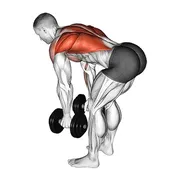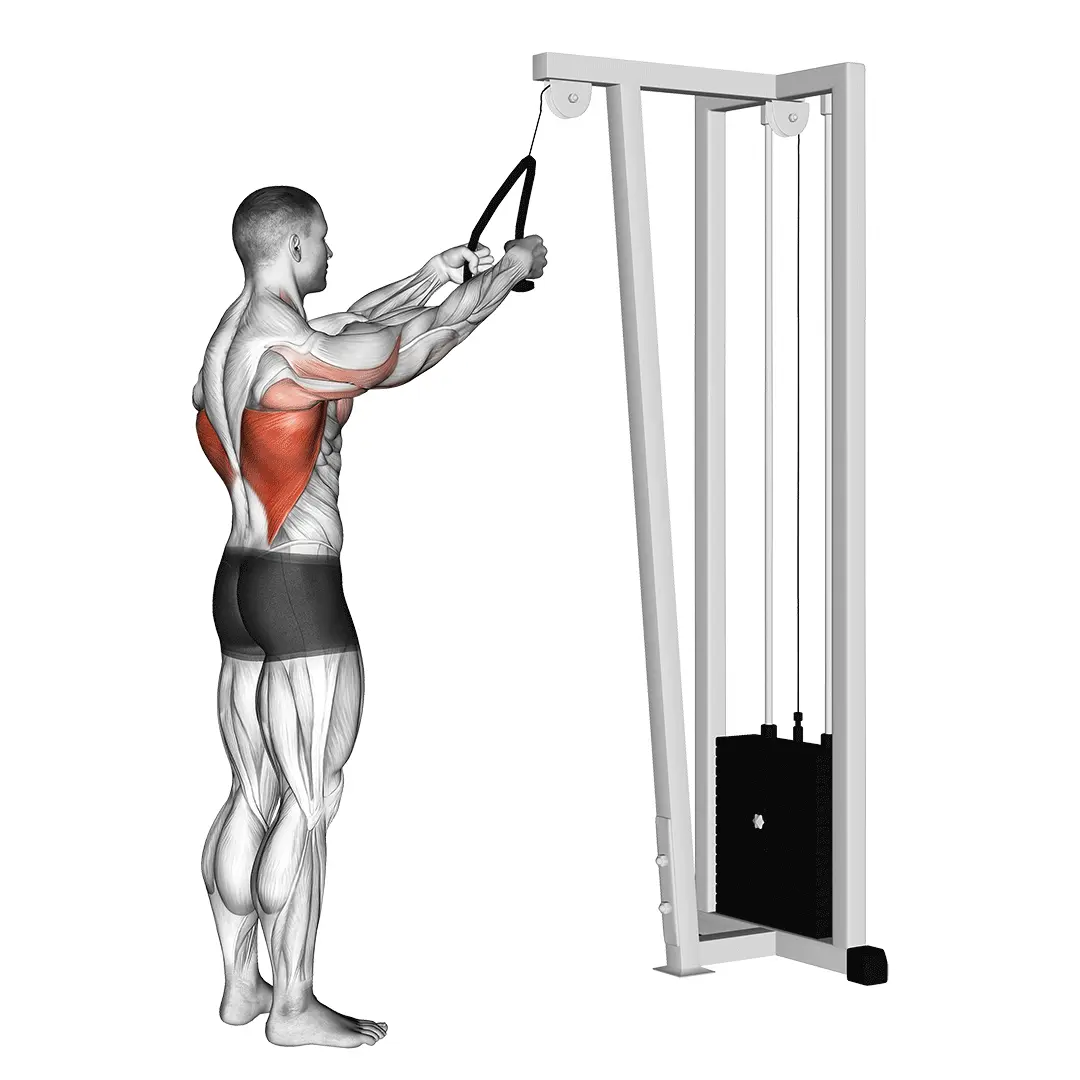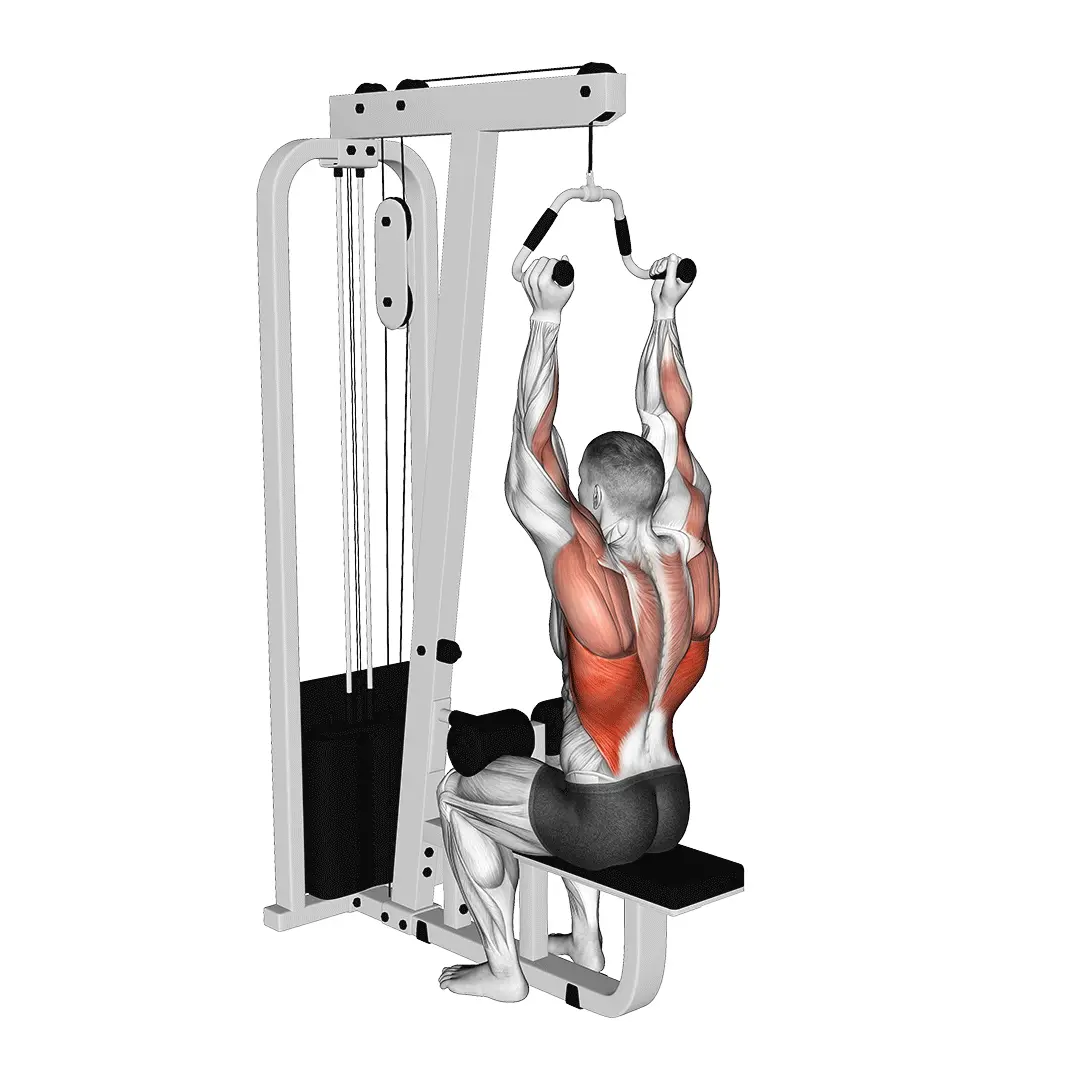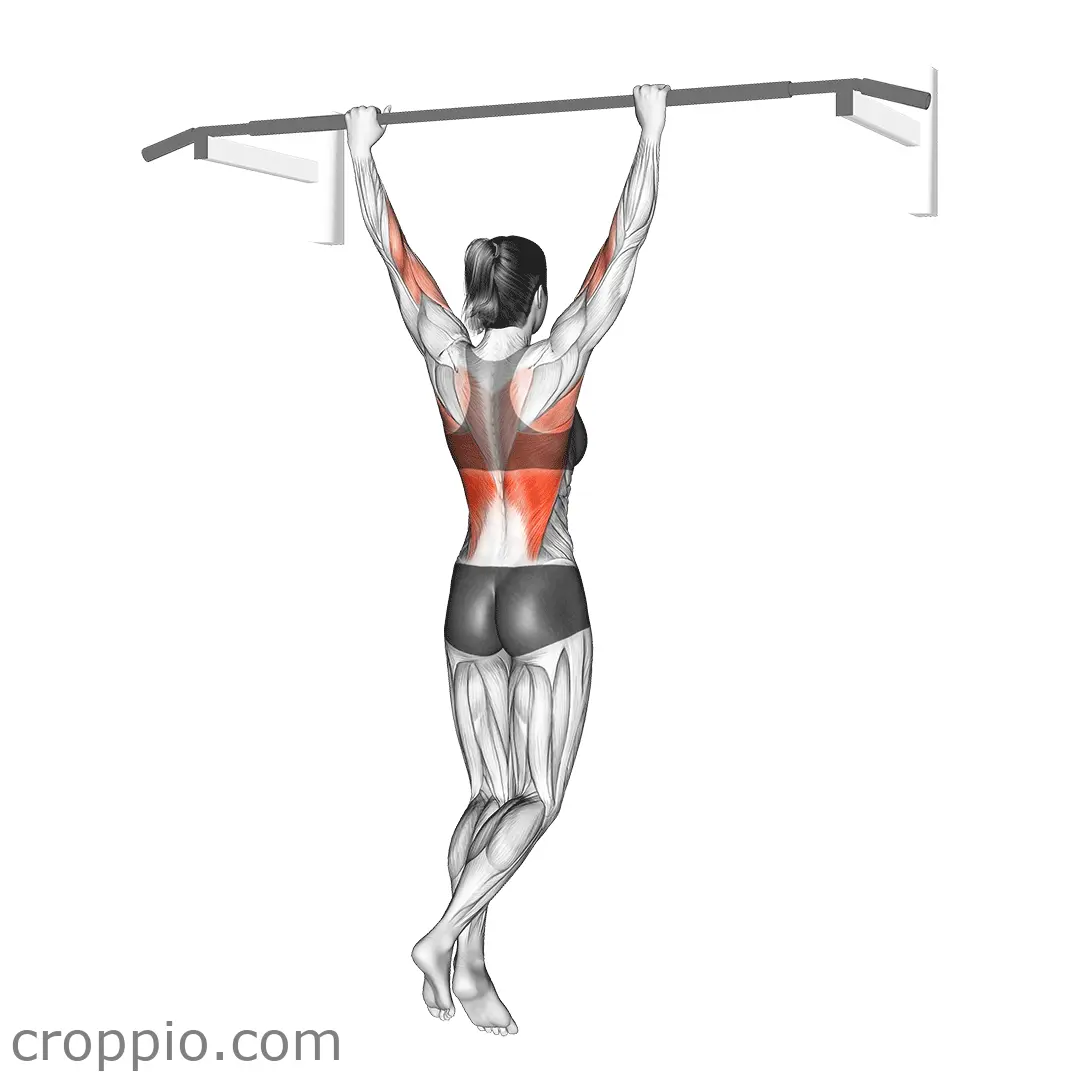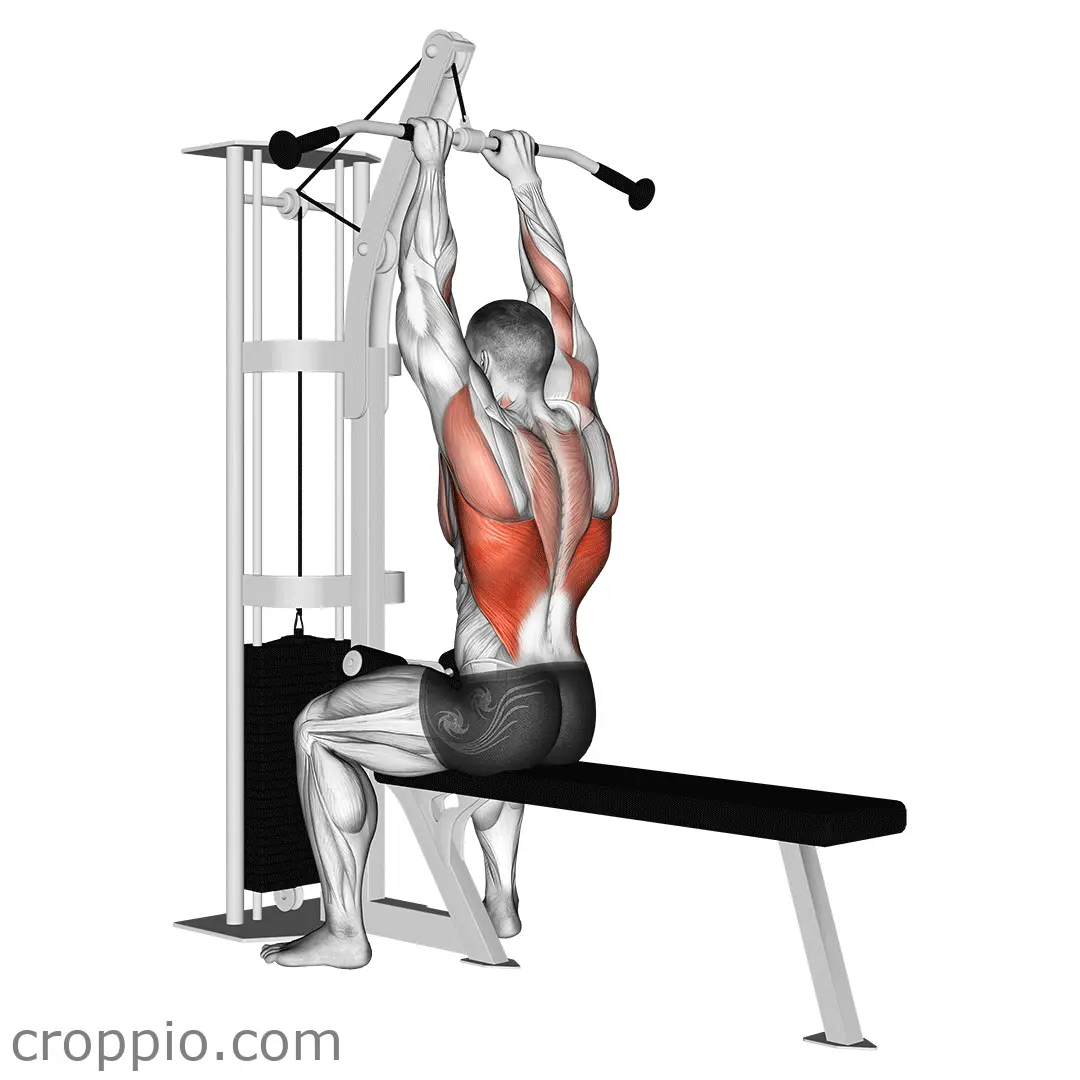Dumbbell Bent Over Row
Dumbbell Bent Over Row Workouts
Similar exercises
Description
The Dumbbell Bent Over Row is a powerful, compound exercise that primarily targets the muscles in your upper back, aiding in developing strength and muscular endurance. It activates the latissimus dorsi, rhomboids, traps, and rear deltoids, along with engaging the biceps and core for stabilization. This makes it an excellent addition to any strength-training program, focusing on improving posture, enhancing upper body strength, and sculpting a well-defined back.
Muscles Involved
- Latissimus Dorsi
- Rhomboids
- Trapezius
- Rear Deltoids
- Biceps Brachii
- Core Muscles (Rectus Abdominis, Obliques)
Top Mistakes
- Rounding the back instead of maintaining a neutral spine.
- Using excessive weight, which compromises form.
- Pulling the arms instead of using back muscles.
- Not engaging the core, leading to instability.
- Forgetting to control the movement, resulting in jerky motions.
Execution Tips
To perform the Dumbbell Bent Over Row effectively, start with the following steps:
- Stand with feet shoulder-width apart, holding a dumbbell in each hand.
- Bend at the hips while keeping your back straight and knees slightly bent, lowering your torso until it's almost parallel to the ground.
- Engage your core to maintain stability throughout the movement.
- With palms facing inwards, pull the dumbbells towards your hips, keeping your elbows close to your body.
- Focus on driving your elbows back and squeezing your shoulder blades together at the top of the movement.
- Lower the dumbbells slowly, maintaining control, and repeat for the desired number of repetitions.
Workouts
Incorporate the Dumbbell Bent Over Row into your workout routine by combining it with the following exercises for balance and comprehensive strength training:
- Dumbbell Bench Press
- Pull-Ups or Lat Pulldowns
- Deadlifts
- Dumbbell Shoulder Press
- Plank Variations for core engagement
Conclusion
The Dumbbell Bent Over Row is essential for sculpting a strong, defined back while enhancing overall posture and functional strength. By avoiding common mistakes and focusing on proper execution, this exercise can be a valuable addition to your fitness regimen, promoting balanced development and stability within your upper body. Aim for consistency and proper form to reap the full benefits of this engaging exercise.
